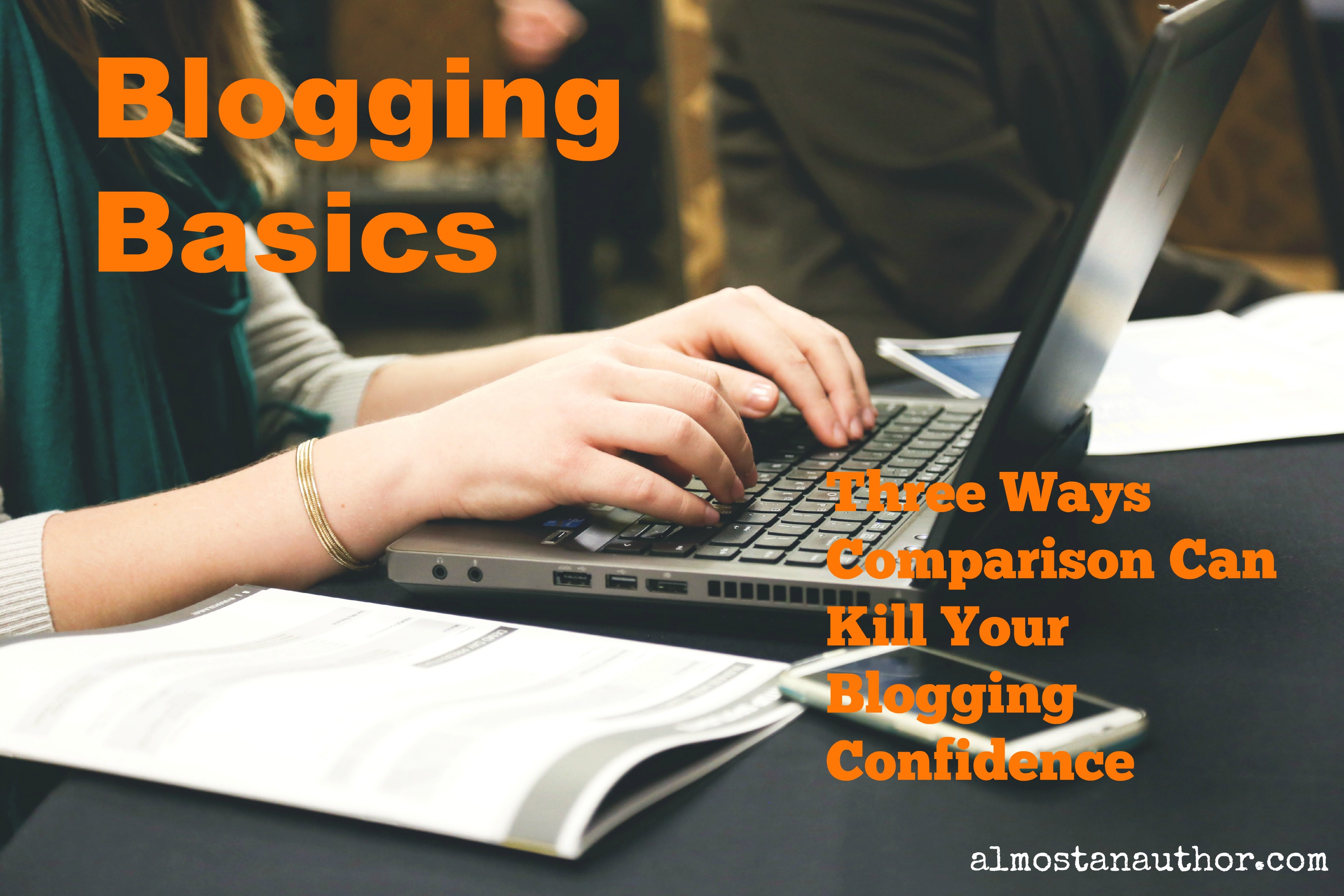
Five Key Things I Wish I Knew When I Started Blogging
Beginning bloggers face a steep learning curve that can seem overwhelming. Because there’s so much to learn, it’s easy…
April 25, 2016
Beginning bloggers face a steep learning curve that can seem overwhelming. Because there’s so much to learn, it’s easy…
April 25, 2016
Particularly for new writers beginning the blogging journey, comparison can kill confidence and create problems. New bloggers often struggle with…
February 16, 2016
Blogging requires a balanced combination of vision, passion, craft, and energy. Comparison can quickly squelch your energy and derail…
November 30, 2015
You sit down at your computer to write a new blog post. A blank screen is all you…
October 6, 2015
Remember the insecure days of adolescence? We changed looks, styles, and personalities as we tried to figure out this important…
September 1, 2015
Very few people take a trip without a destination in mind. When we travel, good planning makes for a good…
July 31, 2015
We’ve all heard the cliche, “Content is King.” The power of blogging depends on meaningful content. With the increasing numbers…
June 25, 2015